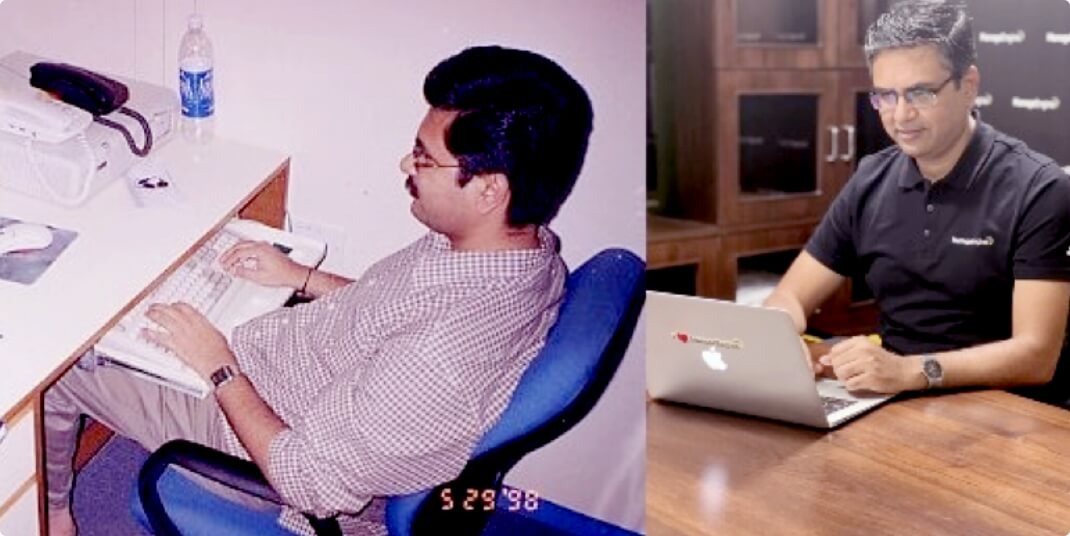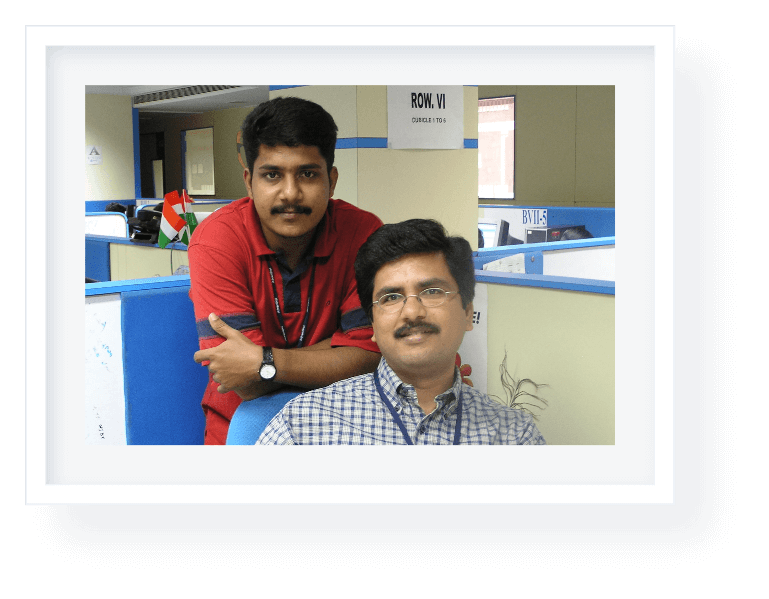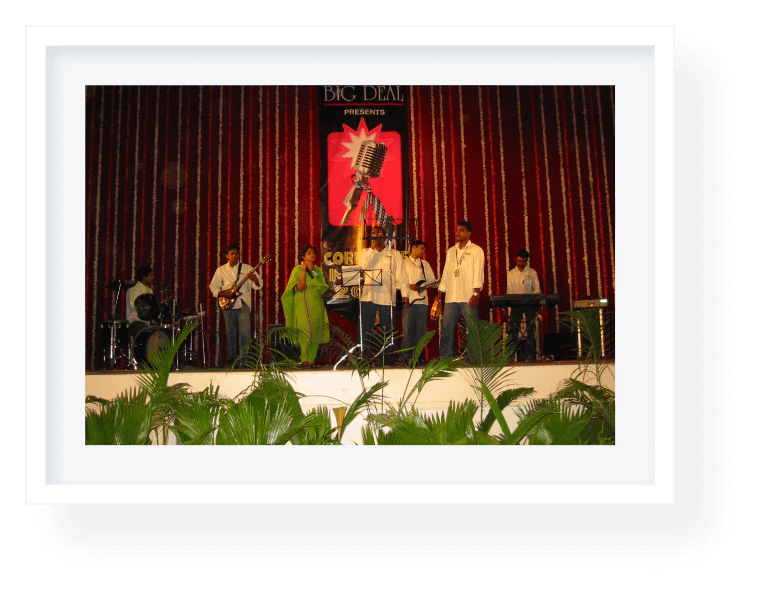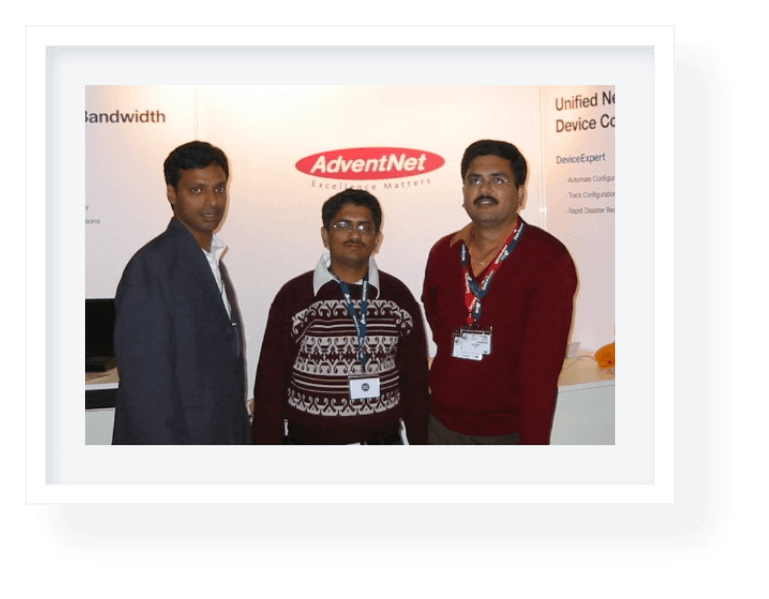
Life at Zoho

What role does Zoho’s company culture play in your identity and the work that you do?
I believe Zoho has no traditional culture and is made up of a set of micro-cultures, some aligning and most conflicting with each other. This characteristic gives the company its life, brings resilience, and moves it along. Complementing is a set of values that fosters autonomy, trust, ownership, and responsibility. It is a system where individuals can operate without altering their personalities and still thrive. And that extends to small sets of people and teams, which empower each to be in their optimal zones. There is no rule book, and we only have a bunch of guiding principles that primarily expect people to be professional and exercise good judgment. I have observed that this model has helped our teams scale and thrive over the years.
What does your work space currently look like?
Any space where I can use my laptop and phone and nobody is walking behind me is an ideal workspace! Something like this:

Describe your current role in the organization.
Currently, part of the leadership team, and my role is overseeing strategy, direction, product management, and evangelism for the ManageEngine business. On the day-to-day work, being a senior colleague with a sense of history about the company and the market, my role is to be a coach and mentor for people across multiple business functions, giving them clarity and perspective in making decisions and handling situations.

At Work
Tell us about a time you overcame a challenge you didn’t think was possible.
There have been a few, the one that stands out is when the company went through a massive transition in 2003-04. Change of leadership, a pivot to a new business model, and a complete reorganization of teams, with most going back to the drawing board to figure out the way forward. Starting from scratch again was overwhelming at times but just doing what we knew best, with a lot of optimism and collective energy, helped us navigate that phase, which eventually was short as opposed to what I had expected.
Is there a project or an accomplishment at Zoho you’re proud of?
ManageEngine is a successful business, and playing a tiny part over the last two decades of its journey makes me proud. In its early days, Sridhar Vembu gave the dictum of ‘Let us build a 100M business with ME’ and left us all in one happy playground where we learned, played, fought, experimented, discovered, and moved ahead in tiny steps, all the time—been one heck of a ride that should make the entire team proud.
Your most embarrassing blunder?
Many in the early years, primarily because of my attitude of “I know better” and “I cannot be wrong.” Blunders are OK; there is no need to be embarrassed by them, as long as we can see the root cause, address and not repeat them.
Getting Personal
Any memorable moments of your journey captured?

What are some of your favorite activities outside work?
I was part of the company’s music band for a long time. It was almost part of the job as we ran it just like another product team when it came to preparations, execution, and the results :) And now I have a small family and a big group. Hence any period of solitude is a welcome activity.

What are the top three books that you recommend?

For people in Zoho; follow the leadership in the internal forums, and here are a few more if you need them.
Ben Horowitz and a16z for product management and leadership insights
Marty Cagan for product management
Naval Ravikant on breaking things down to first principles and articulation
Curated lists like Hacker News

Words of Wisdom
I believe advice is best given in a specific context and where the person advising also takes up some responsibility. Feel free to reach out to me if you believe I can help you with some sound-boarding and reflection for your specific situation.
That said, I would like to share this piece of content, which gave me a lot of clarity when I was starting out, especially the following snippet. “And there’s another factor involved, which is that you can divide our industry into two kinds of people: those who want to go work for a company to make it successful, and those who want to go work for a successful company. Netscape’s early success and rapid growth caused us to stop getting the former and start getting the latter.” (In case you still haven’t heard me say this, which I have done a few 100 times already :-)
Gallery








